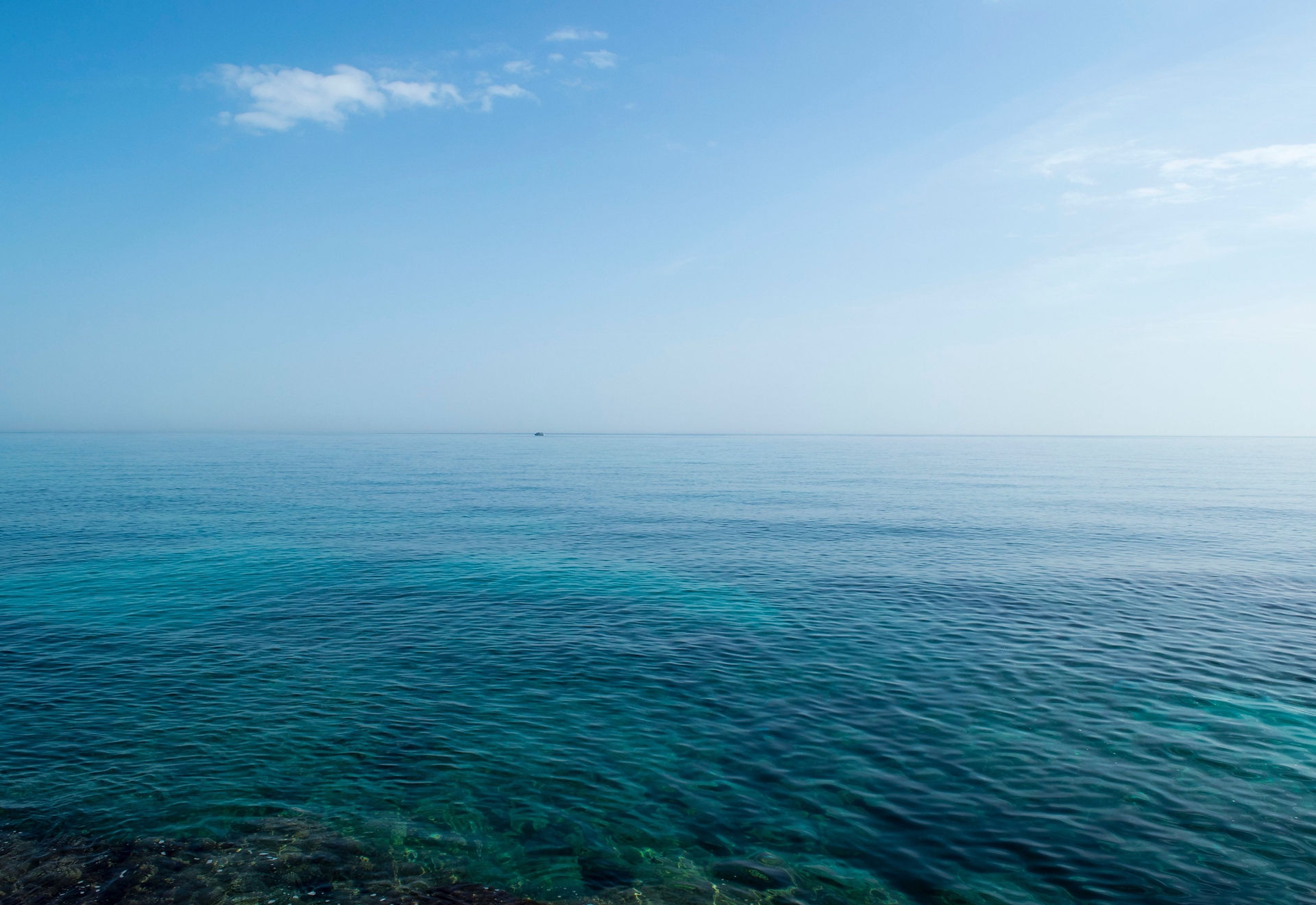
Scenario Analysis
As part of our deep dive into the marina industry, we’ve explored the future of marinas through a Scenario Analysis. In our analysis, we have identified several critical uncertainties that will shape the future of the marina industry. Our process started with a PESTEL analysis of the marina industry, identifying forces that could affect the industry within the next 5-10 years.
Below, you’ll find a graph of the forces we identified. They have been evaluated based on how uncertain and impactful they are. Our approach when quantifying the uncertainty and impact of the identified PESTEL forces was to interview competent individuals in each PESTEL category. Based on their answers and our discussion of possible PESTEL forces, we could conclude their uncertainty and impact.
By analyzing these forces and identifying the critical uncertainties we have created a scenario matrix that could help the stakeholders prepare for opportunities and challenges that may arise in the future. Our matrix explores different combinations of regulatory changes and customers’ behavior and preferences. Environmental regulations are impactful for marinas and are hard to predict for the next coming years, hence suits as one of the two most critical uncertainties. The other critical uncertainty we chose was the degree of how cost-consciousness versus sustainability-focused consumers and the general are.
Compliance Challenge
The marinas face rigorous regulations such as energy consumption, emission, and the use of fossil fuels which can increase the operational cost. Cost-focused consumers may be hesitant to pay the higher prices and its possible boating becomes less popular. Marinas may also struggle to comply with the regulations which could lead to a decrease of the marina industry or consolidation of the industry as smaller with less profitable marinas forced to close. Marinas must balance regulatory compliance with consumer demands which can be a difficult task.
Status Quo
Regulations remain unchanged and consumers are primarily cost-conscious. The marina industry continues as it has in the past with little change in business practice or technology. Consumers are cost-focused and do not demand eco-friendly marinas which creates little incentives for the marinas to invest in sustainable practices or technologies. This creates a stable and predictable situation for marinas and results in a lack of progress toward sustainability.
Green revolution
The marine industry is transformed by new technologies and sustainable practices. Marinas are subject to environmental regulations and are required to invest in sustainable practices to meet the regulations and to attract consumers who are demanding sustainability. The industry becomes a leader in environmental stewardship, with marinas serving as showcases for sustainable design and operations. This attracts new customers who are interested in eco-friendly boating and also creates new business opportunities for companies that provide green technology.
Technological leap
Regulations remain unchanged but consumers are driven by environmental concerns and creating demand for eco-friendly marinas. Marinas are incentivized to invest in sustainable practices and technology to attract the customers which drives the development of new sustainable technology, even in the absence of regulatory pressure. This could result in a split between marinas that embrace technology and those that do not and create a form of competition in the industry with customers choosing marinas based on their sustainability efforts.